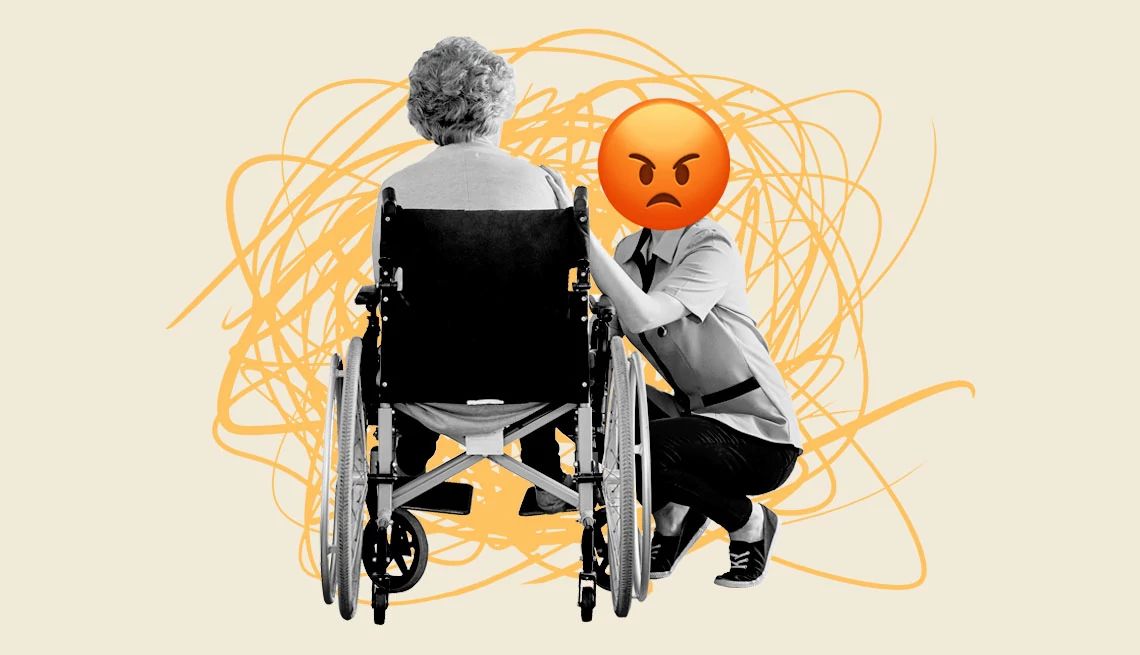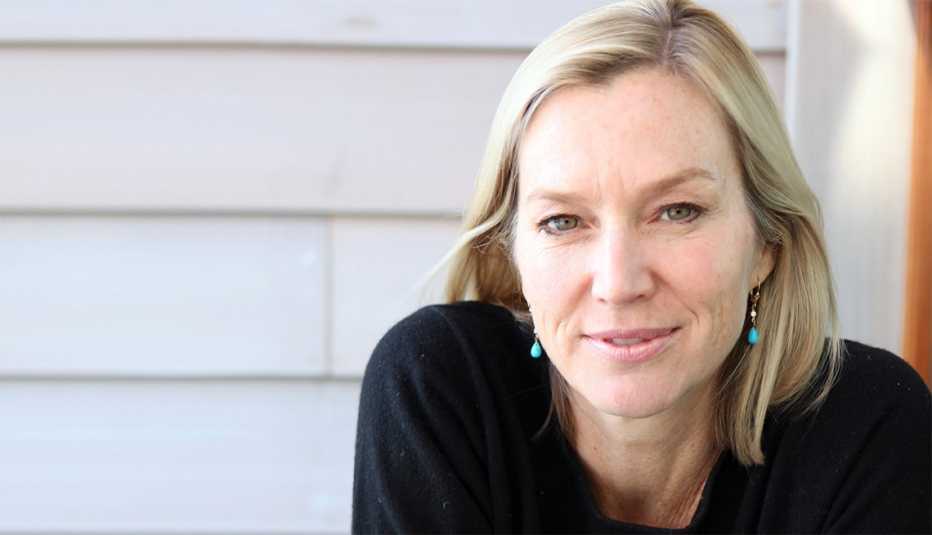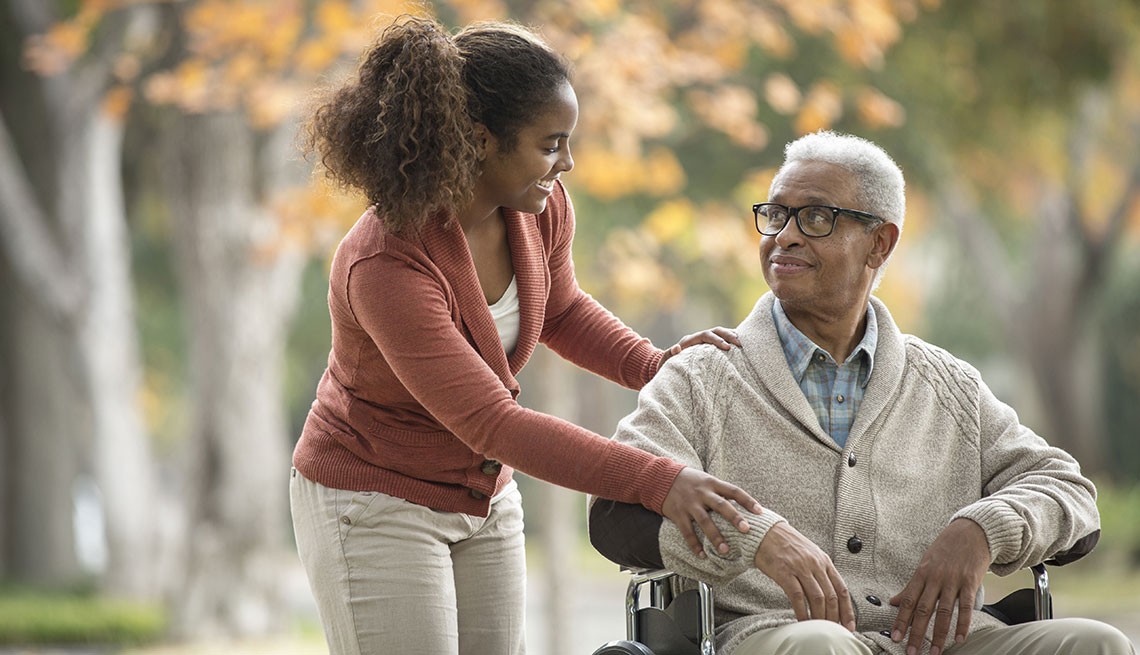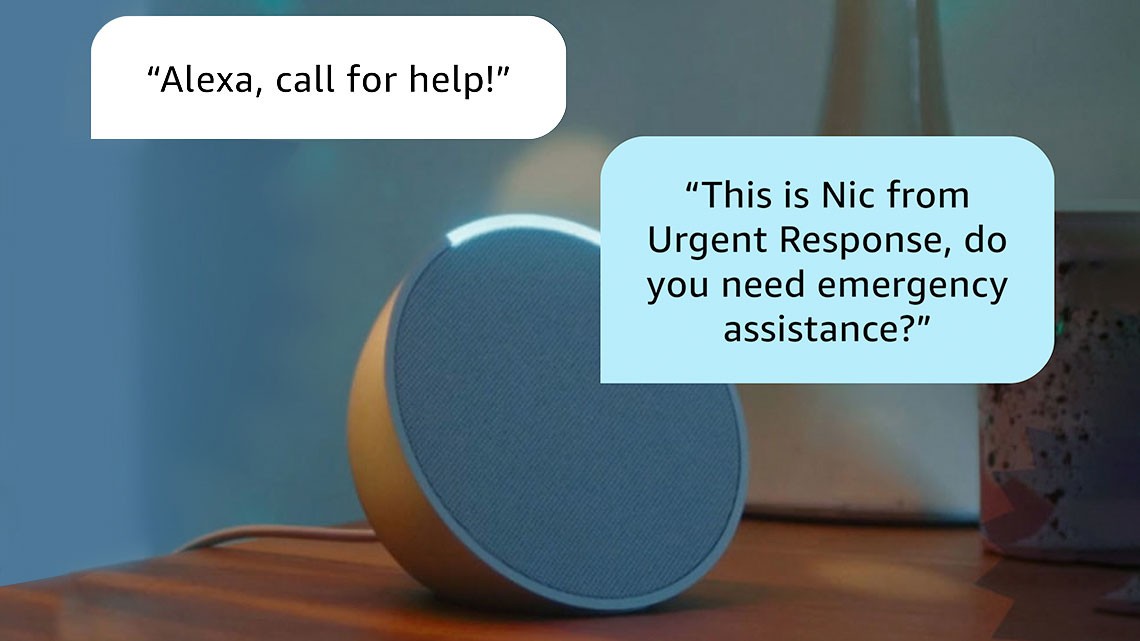Staying Fit


Being a caregiver means dealing with a kaleidoscope of emotions on any given day. Thankfully, we live in an age when it’s easier to speak openly about the gifts and hardships that come with this complicated and often challenging role. And yet, one of the topics I rarely encounter in conversations around caregiving is the issue of anger. That’s right, anger.
I imagine that for some, there is a certain element of shame connected to emotions or expressions of anger, especially when it comes to caring for a loved one. Just the term “caregiving” evokes images in my mind of ever-cheery, self-sacrificing angels who rarely complain, never tire and are happy to neglect their own needs in service to another. And yes, I’m being a little tongue-in-cheek here, because caregivers are human beings, first and foremost. And we come with a range of emotions.


AARP Membership— $12 for your first year when you sign up for Automatic Renewal
Get instant access to members-only products and hundreds of discounts, a free second membership, and a subscription to AARP the Magazine.
Understandably, caregivers field their fair share of anger and frustration from loved ones. There are many reasons for care recipients to be angry, whether from pain and discomfort, the randomness of disease or injury, and fear and frustration around the diminishment of daily acts of living, to name just a few.
But what about the caregiver’s own feelings while on the receiving end of so many emotions? They also experience fear and anger, and there are days when trying to clean that up for someone else feels like being a human paper towel roll.
Anger is a kind of protector, explains trauma-trained clinical psychotherapist Meghan Riordan Jarvis, author of End of the Hour: A Therapist’s Memoir. “It comes in and yells and makes a lot of noise in reaction to just how hard everything is, but also almost as a distraction. If I focus on how unfair it is that my loved one is sick, or that I never planned on becoming a nursemaid, it actually keeps me from having to sit too long in the helplessness of the situation.”
Anger manifests differently from grief
While working through my grief after my husband’s injury in 2006, I could feel myself move from gratitude that he was alive to a white-hot anger that this had happened to our family. As ridiculous as it seems to blame someone for being injured in a war zone while doing his job, there was also an irrational part of me that was angry that his injury had impacted all of us.
I remember in the wobbly early years of his recovery, I’d be suddenly overcome with anger, alone in the safety of my car, slamming the steering wheel or letting out a primal scream. Grief was different: Those crying jags would usually come out of nowhere, often when I was alone in nature. Anger was something that needed to come out, a rage and sense of injustice, for us, for him, for me.
But I wasn’t allowed to say that out loud. We caregivers don’t have “rage rooms,” where we can check in and throw a few plates, sledgehammer a wall or two, and feel better. I was supposed to be grateful. My husband had survived a bomb blast. So many others had been injured so much worse, and many hadn’t come home at all.
When your caregiving recipient is mad or angry, it is your job to regulate, not escalate, no matter how many expletives are hurled. But that also means you lose your ability to respond in the moment and off-load anger or frustration. And sometimes a little voice in my head was asking, What about me? When is it my turn to feel ripped off/angry/sad/mad? Luckily, those moments are rare now.





































































More From AARP
How to Choose a Top-Notch Doctor as You Age
Physician Sharon Malone, author of ‘Grown Woman Talk,’ tells us what to consider when looking for the best care
A Caregiver's Guide to Conservatorship
A court can appoint someone else to make decisions for your loved ones
What to Know Before Logging Into the Patient Portal
Know the pros and beware the pitfalls
Recommended for You